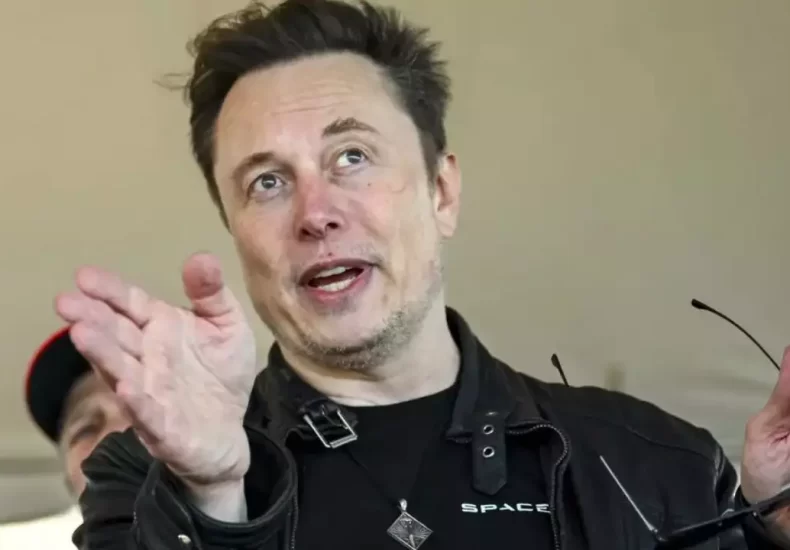
Germany Seeks to Mitigate Musk’s Influence on AfD Before Elections
As elections approach, Germany is taking strategic measures to lessen the impact of Elon Musk’s support for the Alternative for Germany (AfD) party. This effort reflects the authorities’ concern about the possible ramifications of having a high-profile figure like Musk endorse a party known for its controversial and extremist views.
The support from Musk has raised alarms among political analysts
The support from Musk has raised alarms among political analysts and government officials alike, who worry that such endorsement could legitimize the AfD in the eyes of potential voters. This situation underscores the increasing influence that celebrity endorsements can have on political landscapes, especially as the lines between traditional politics and social media blur. The German government recognizes the threat posed by Musk’s backing, especially given the AfD’s track record of polarizing rhetoric that has drawn criticism from various societal segments.

response to this growing concern
In response to this growing concern, German authorities are ramping up their public messaging to combat the potential normalization of the far-right narrative propelled by Musk’s influence. They aim to remind voters of the importance of democratic values, unity, and tolerance in the face of extremist ideologies. By highlighting the dangers posed by the AfD’s platform, government officials hope to dissuade undecided voters from aligning with parties that could undermine social cohesion and democratic principles.
Furthermore, the narrative surrounding Musk’s support presents an opportunity for the government to engage in a broader discussion about the responsibility of public figures in shaping political discourse. Leaders across the political spectrum are calling for more vigilant measures to combat misinformation and the appeal of populist politics. They assert that encouraging informed voter engagement is crucial to counteracting the allure of extremist parties like AfD.
Despite these efforts, challenges remain. The allure of Musk’s celebrity may continue to draw some segments of the electorate toward the AfD, particularly among younger voters who may be swayed by social media narratives. As such, it is vital for the government and opposition parties to present alternative narratives that resonate with these voters, emphasizing the values of inclusion and community rather than division.
In conclusion, Germany’s proactive approach to diminishing Musk’s impact on AfD serves as a potential template for other democracies facing similar challenges. As the influence of global icons continues to grow in political contexts, governments must navigate the complexities of celebrity culture and its intersection with politics. The impending elections will significantly test Germany’s commitment to upholding democratic integrity in the face of external influences.